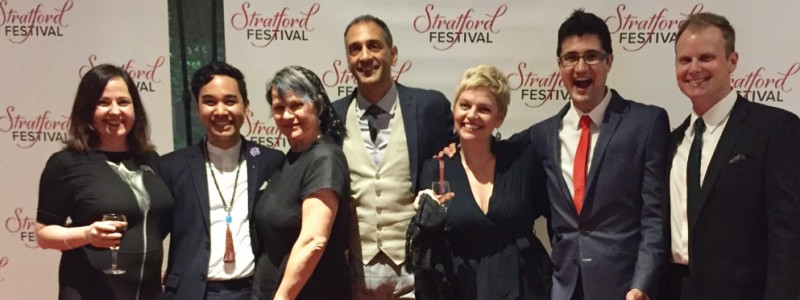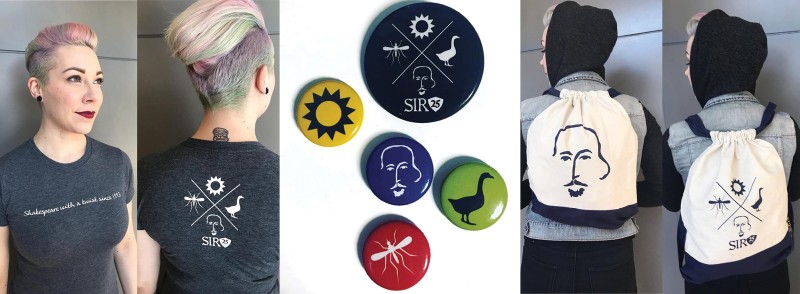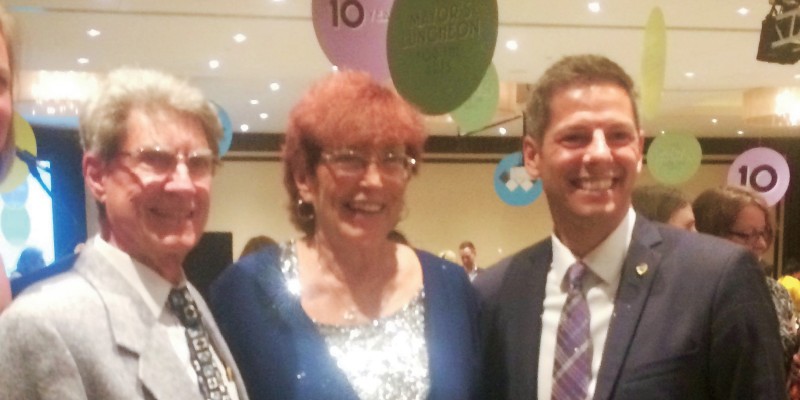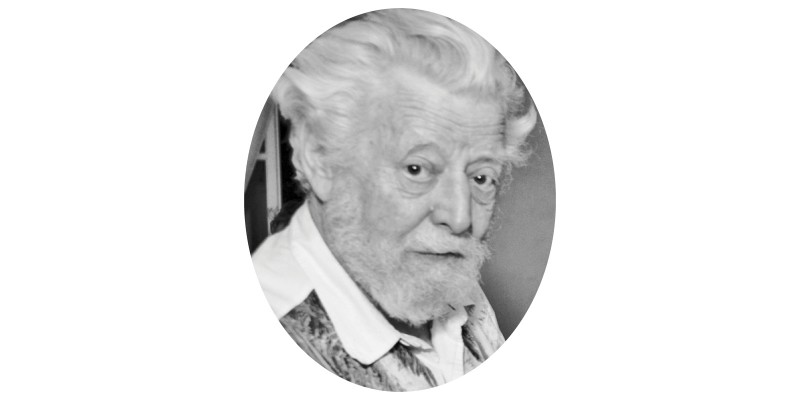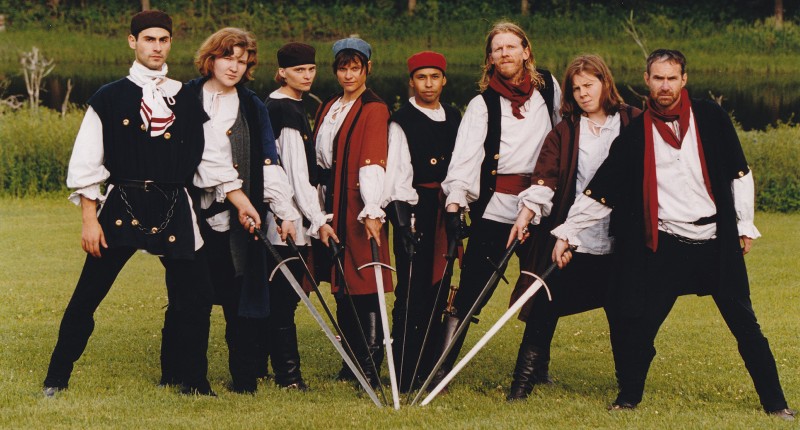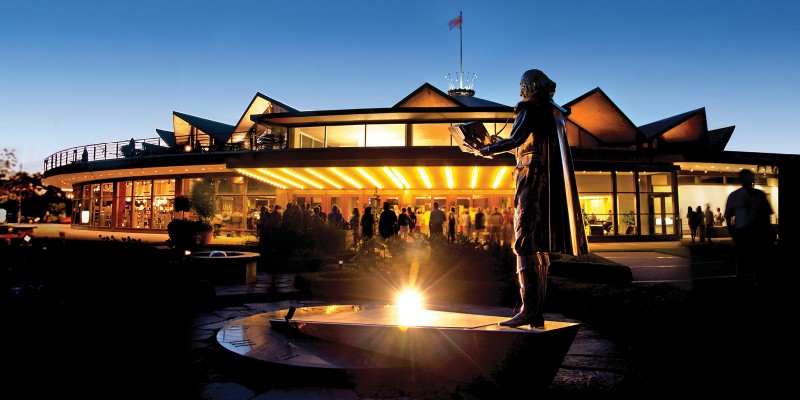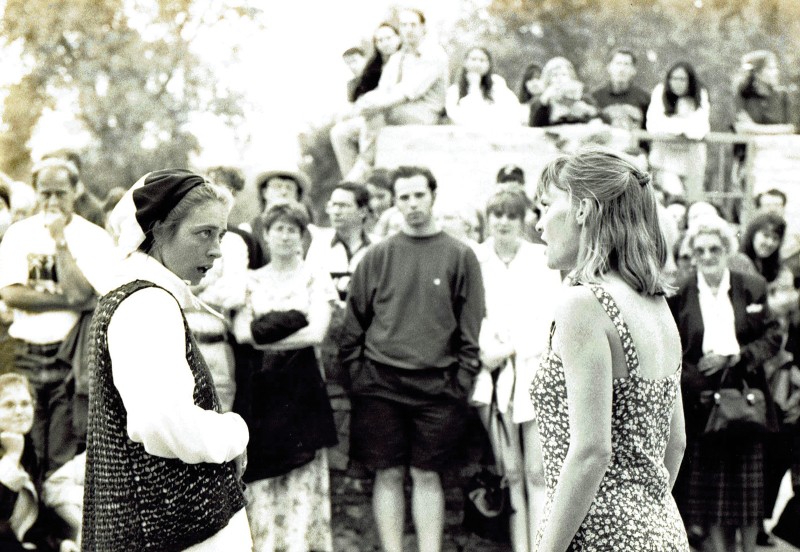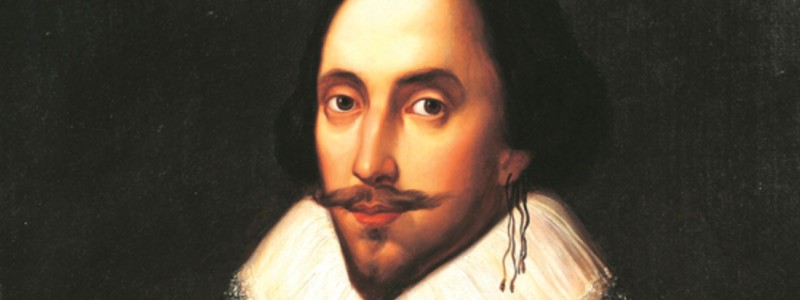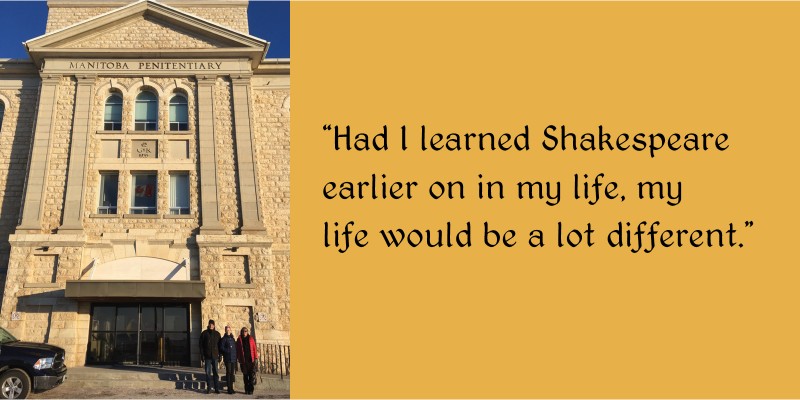
Claire Friesen/Shakespeare in Stony Mountain/Program Director
This week we wrapped up our fourth Shakespeare in Stony Mountain program. Our tradition on the last class is to pick a movie, order food from the prison kitchen, and just be together in a room celebrating the hard work of the participants. I am always struck by how different the group interacts in this last session, compared to where we started months prior. There is a relaxed energy, a familiarity between us, small acts of kindness and generosity, and laughter. Lots of laughter.
Many of the staff at Stony have commented on the uniqueness of this program – for reasons such as laughter. I have a lot of autonomy within the prison walls because I act as an outside facilitator, not hired by the institution itself. This allows us to talk, explore, play, and debate about a wide variety of things. We get to use Shakespeare’s text as a spring board to discuss broader social issues and personal lived experience. We get to create an environment where we define ourselves as creative beings.
This year we performed monologues from Othello to a small, but wonderfully supportive audience made up of members of SIR and the board, parole officers, and teachers. My favourite part of the afternoon was sitting in a circle introducing ourselves to one another. Shawn, a student who started working on his grade 10 drama credits with me, and has just completed his grade 12, started off the introduction with an eloquent and concise description of his love for Shakespeare. He described seeing himself in the characters – the choices they make, the hurts they feel, the fact that “someone else is always out to get your spot” – and that relatability has helped him explore what really drives human behaviour.
In his evaluation of the program, Shawn wrote, “Had I learned Shakespeare earlier on in my life, my life would be a lot different.” He is up for parole this summer, and is determined to teach Shakespeare to his son.

